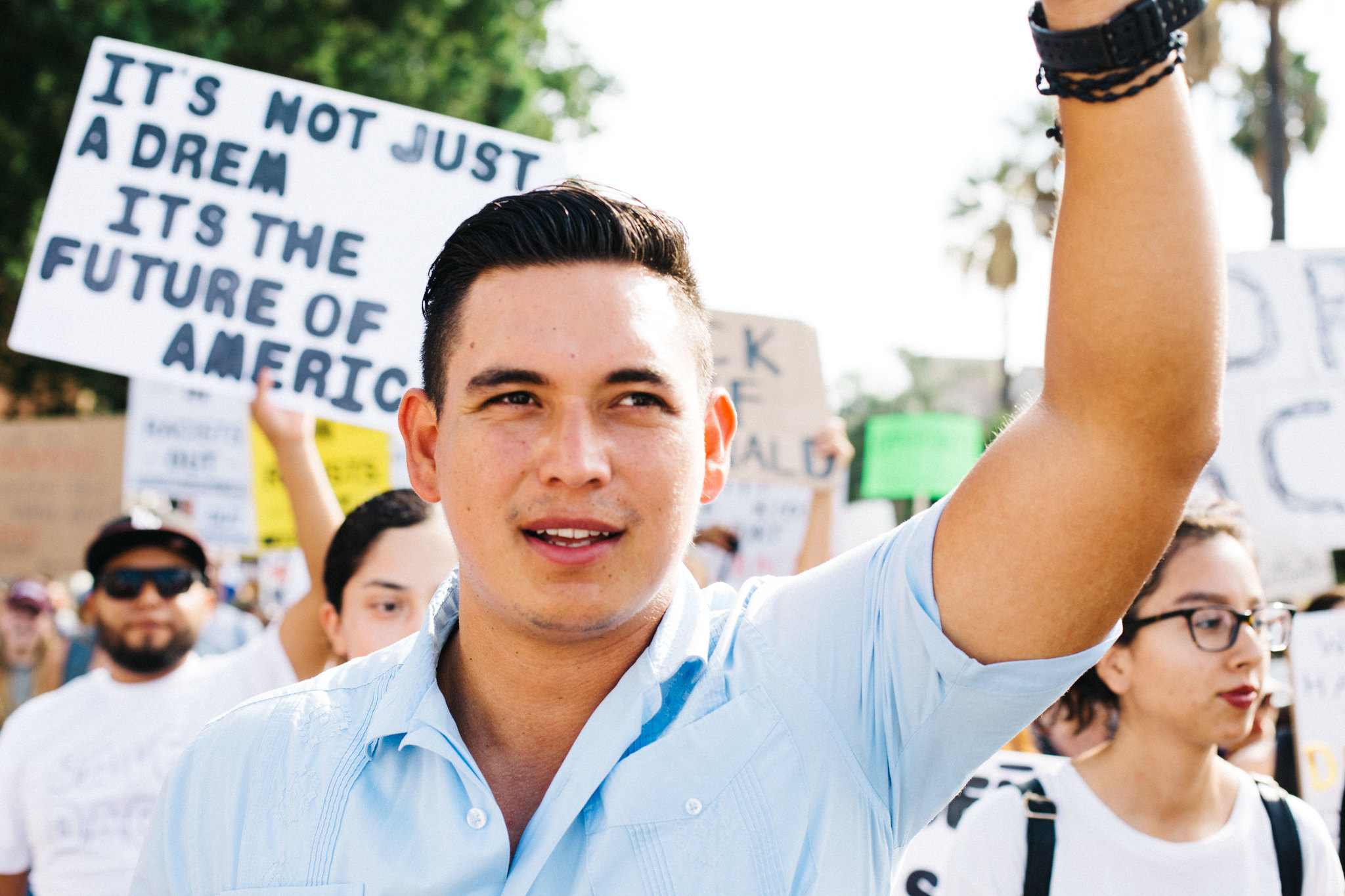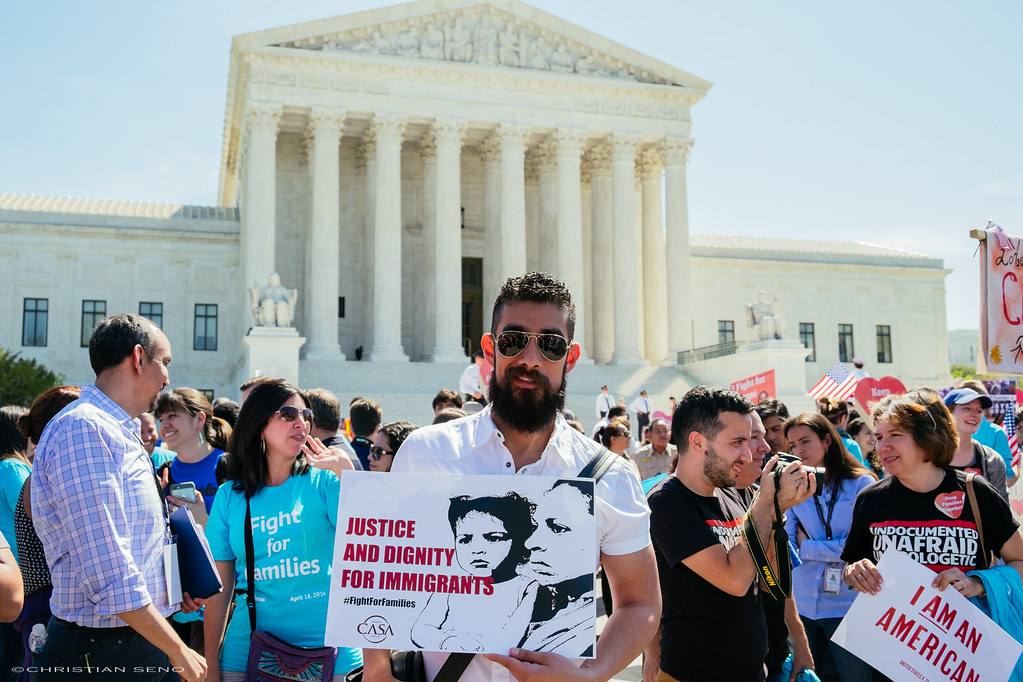The nation awoke with a new President of the United States, and although President Joe Biden has been in office for less than one day, his administration is already planning sweeping immigration reforms and policy changes that will unfold throughout the coming months.
This is just the start of President Biden’s plan to reverse the numerous damaging policies and executive orders passed by the Trump administration during the past four years.
This morning, the White House issued a press release outlining President Biden’s commitment to modernize the U.S. immigration system by way of a legislative bill that will be introduced before Congress in a matter of days.
The new bill, the U.S. Citizenship Act of 2021, proposes to overhaul the current immigration system to more effectively manage and secure our country’s border.
According to the Biden administration, the purpose of the bill is to “restore humanity and American values to our immigration system….” providing “hardworking people who enrich our communities every day and who have lived here for years, in some cases for decades, an opportunity to earn citizenship.”
The bill will prioritize family reunification, address root causes of mass migration from Central America, and among other things ensure that the United States remains a refuge for those fleeing persecution.
Most importantly is the bill’s commitment to create a path to citizenship for eligible undocumented immigrants, including Dreamers and essential workers who have been on the frontline of the COVID-19 pandemic.
 Visa Lawyer Blog
Visa Lawyer Blog













